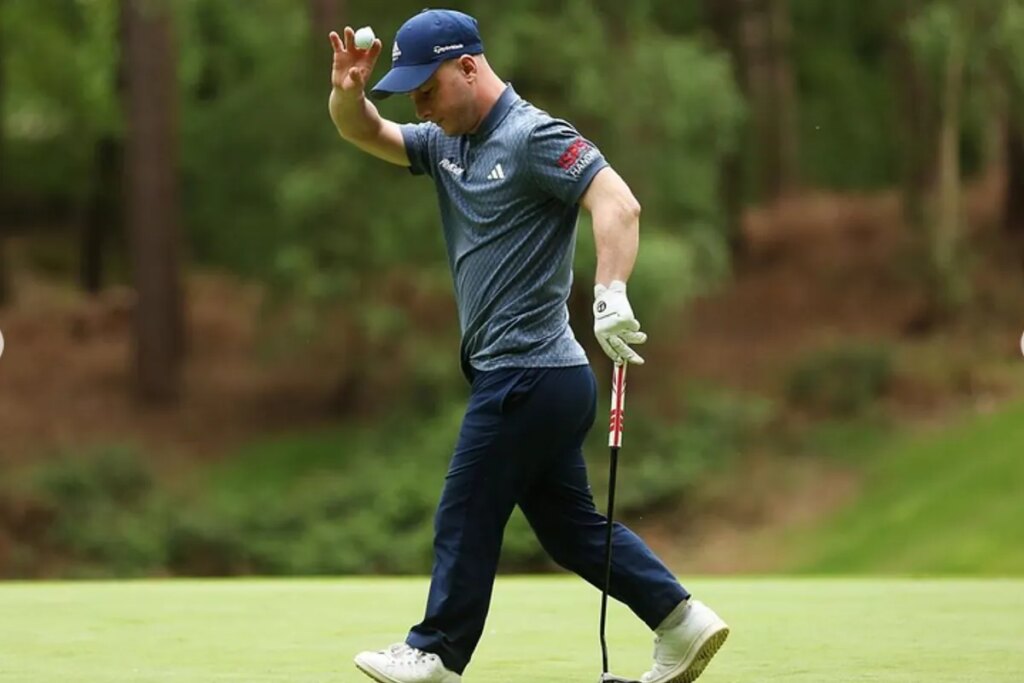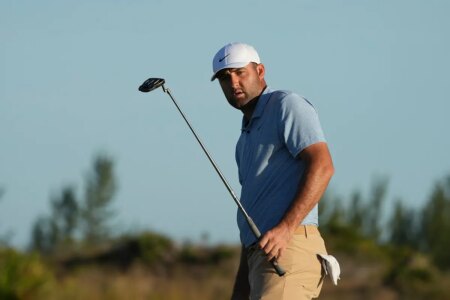Golf is one of the most popular sports in the world. According to the R&A’s Global Golf Participation report, 61 million people were playing golf by the end of 2023. Despite the impressive number, the sport has failed to make its way into the Paralympic Games, and no one is quite sure why.
Golf returned to the official program of the Summer Games in 2016 and has been warmly received by the public, thanks to the participation of players such as Xander Schauffele, Scottie Scheffler, Matt Kuchar, Inbee Park, and Nelly Korda.
The Paralympic Games, however, are a different story. The International Paralympic Committee (IPC) has not accepted golf into its program despite a vehement campaign by several organizations involved in adaptive sports who have argued for its inclusion.
Reasons for refusal
The IPC has not made public its reasons for rejecting golf, but some speculate that one of them is the complexity of creating an award system for the many types of disabilities that exist.
Brendan Lawlor, former number one in adaptive golf in the United States, explained that this is not how the sport works. In this regard, he explained, “We are all in one bunch, and it doesn’t matter what your disability is; we can all play together.”
Lawlor explained that a system similar to that of the Ryder Cup could be used. In this tournament, players from the United States and Europe face each other in teams of 12 players in a match play system that is played over a single weekend.
IPC not convinced
Despite specific proposals to get golf included in the Paris 2024Paralympic Games, the IPC rejected the request, pushing the sport’s long-awaited debut to Los Angeles 2028.
The selection process for new sports for 2028 will begin later this year. With the date approaching, advocates of adaptive golf will need to create a proposal that includes a streamlined scoring and ranking system to convince the IPC to give it a chance.
Read the full article here











